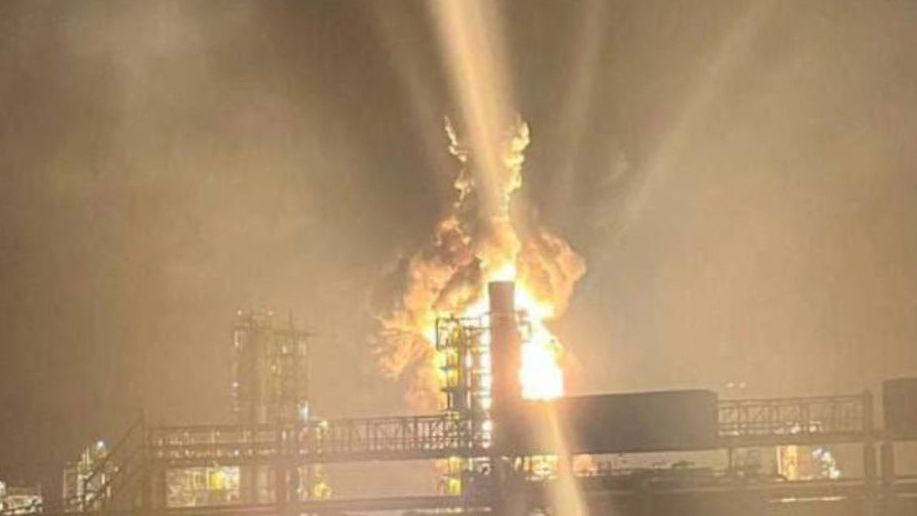19th EU sanction package to leave Russian oil flows via Druzhba pipeline untouched

The European Union’s upcoming 19th sanctions package will not impact the Druzhba pipeline, which continues to deliver Russian oil to parts of Europe, Suspilne reported on Sept. 22, citing European Commission spokesperson Anna-Kaisa Itkonen.
The announcement follows the European Commission’s presentation of a new round of sanctions on Sept. 19, aimed at further restricting Russian financial capabilities and energy revenues.
The latest measures will target two Russian energy giants, Rosneft and Gazprom, but neither company plays a significant role in supplying oil via the Druzhba pipeline, according to Itkonen.
Itkonen added that full details of the sanctions package would be made available once EU member states reach "a final agreement."
The EU’s latest sanctions package against Russia, unveiled last week, is now under review by member states.
The European Commission has proposed new measures targeting Russia’s energy, financial, and military technology sectors. Among the proposed energy-related sanctions are a full ban on transactions with oil giants Rosneft and Gazpromneft, as well as asset freezes for several other companies.
The Druzhba pipeline is one of the world's largest oil pipeline networks and remains a lifeline for Hungary and Slovakia, the only EU countries still importing Russian crude through the system.
Both countries, whose leaders maintain close ties with Moscow, have repeatedly resisted tougher EU measures against Russia and argue that Russian energy supplies should not be restricted until viable alternatives are in place.
Ukraine carried out at least three attacks in August on the Druzhba pipeline, temporarily disrupting operations.
Ukrainian strikes on Russian oil infrastructure have drawn sharp criticism from Slovakia and Hungary, both of which have urged Kyiv not to target the Druzhba pipeline.
Following a meeting with Slovak Prime Minister Robert Fico in Uzhhorod on Sept. 5, President Volodymyr Zelensky said Ukraine would not halt its retaliatory strikes in response to ongoing Russian attacks on Ukrainian energy facilities.












